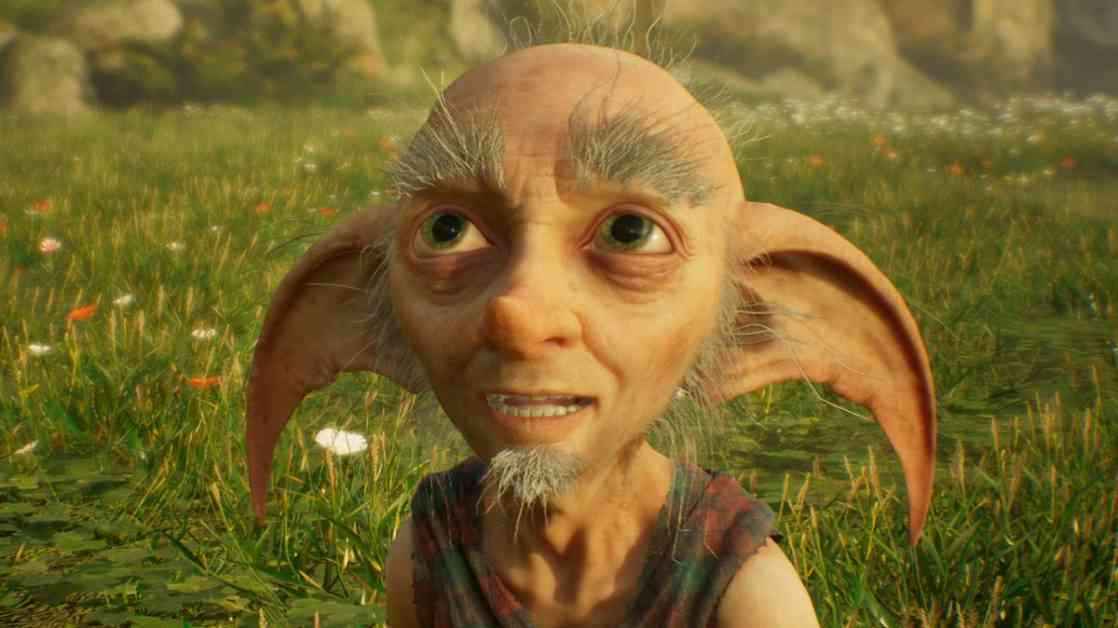Warner Bros. Interactive, a major player in the gaming industry, faced a significant setback in 2024 with a 53% decline in revenue compared to the previous year. Despite this disappointing turn of events, the company is optimistic about the future, thanks to recent restructuring efforts aimed at refocusing resources and capital on established intellectual properties (IP) and games from renowned studios.
The restructuring involved the closure of WB San Diego, Player First Games, and Monolith Productions, as well as the cancellation of the highly anticipated Wonder Woman game. This move followed the underwhelming performance of Suicide Squad: Kill the Justice League and Multiversus, which collectively resulted in losses of approximately $300 million. Warner Bros. Interactive remains committed to the gaming industry, recognizing it as a strategic differentiator that allows them to engage with over three billion gamers worldwide.
The company’s future strategy will prioritize four key franchises with a proven track record of generating over $1 billion in consumer sales: Harry Potter, Game of Thrones, Mortal Kombat, and DC Comics—especially focusing on popular characters like Batman. Warner Bros. Interactive pointed to the success of Hogwarts Legacy as evidence of their ability to create new gaming franchises that resonate with players and drive long-term engagement.
While Warner Bros. Interactive’s emphasis on established IP may seem like a safe bet, there are risks associated with relying solely on brand recognition. Recent failures like Harry Potter: Quidditch Champions and the closure of Harry Potter: Magic Awakened underscore the importance of delivering high-quality gameplay experiences that resonate with players beyond the allure of familiar names. Additionally, the lack of standout Game of Thrones titles highlights the challenges of translating popular media franchises into successful video games.
The recent departure of longtime games chief David Haddad in January 2025 signals a potential shift in leadership that could benefit Warner Bros. Interactive’s gaming division. Reports have suggested that Haddad’s tenure was marred by indecision and a lack of clear vision, which may have contributed to the company’s struggles in the gaming market. As the company navigates these changes, industry experts and gamers alike will be watching closely to see how Warner Bros. Interactive adapts its strategy to regain profitability and secure its position in the competitive gaming landscape.
Andy, a seasoned gaming journalist with a passion for RPGs, immersive sims, and shooters, has been following the industry for decades. Starting with text adventures on a TRS80, he has witnessed the evolution of gaming from its early days to the present. With a keen eye for industry trends and insider knowledge, Andy provides valuable insights into the challenges and opportunities facing companies like Warner Bros. Interactive in the dynamic world of video games.
As the gaming industry continues to evolve, companies like Warner Bros. Interactive must strike a delicate balance between leveraging established IP and delivering innovative gameplay experiences that captivate audiences. By staying attuned to consumer preferences, technological advancements, and industry trends, Warner Bros. Interactive can position itself for long-term success and sustained growth in the ever-changing landscape of gaming.

